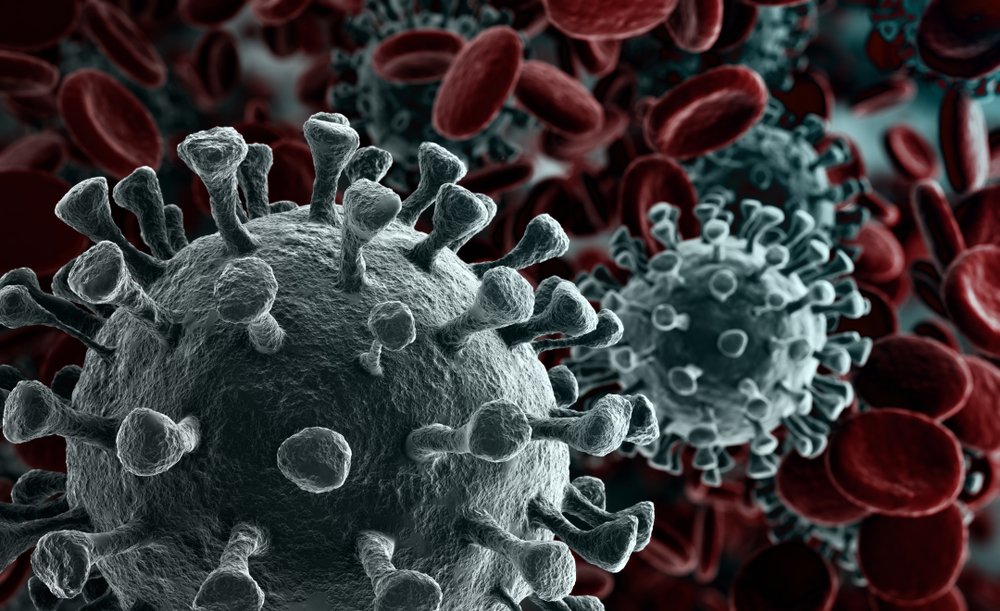
I have bled out during emergency surgery and been revived by the expert trauma and transplant team who raced into my operating room.
I have had liter upon liter of donated blood transfused into my grey lifeless body.
I survived months on a ventilator in an intensive care unit.
I have had my lungs fill up with fluid, hurling me into impending respiratory failure.
I have heard the emergency team stampede down the hospital corridors, encircle my bedside, and plunge trachea tubing into my flesh during a code blue.
I have been trapped in a hospital bed, drenched in my own bodily excretions, waiting for nurses to find proper medical supplies to care for me.
I have been temporarily paralyzed from the neck down, stripped of the ability to breathe, eat, and move independently.
I have relied on the expertise of respiratory, speech, occupational, and physical therapists to help me reclaim my life.
I owe my life to the selfless devotion of brilliant doctors and nurses.
In 2006, I spent 218 consecutive days in the hospital and nearly lost my life. I was beyond fortunate to get transferred to one of the top-rated hospitals in the country that was operating under optimal conditions (aka- not during a pandemic- do you see where this is going?).
My personal medical trauma from 14 years ago is only relevant during an international pandemic because it illustrates what will happen if hospitals exceed maximum capacity.
I wasn’t sick when I entered the hospital. I was there for a scheduled C-section. Due to a series of postpartum complications, my health quickly deteriorated and spun wildly out of control.
Fast forward to March 26, 2020 (when most experts predict our hospital system will be overwhelmed with COVID-19 emergencies and surpass maximum capacity). Imagine if I checked into a hospital for a scheduled C-section and suffered the same complications.
Would there be an expert trauma and transplant team available to revive me?
Would there be any blood left in the blood banks for transfusions?
Would there be a bed available, much less a ventilator in the intensive care unit?
Would there be an emergency team available as I face impending respiratory failure?
Would I be trapped in a hospital bed, drenched in my own bodily excretions for days rather than hours waiting for nurses to find proper medical supplies (if they could be found at all) to care for me?
Would there be enough respiratory, speech, occupational, and physical therapists to help me reclaim my life?
Would my life be saved by the selfless devotion of brilliant doctors and nurses, or would they be too physically and emotionally depleted to have empathy for another dying patient?
Now, imagine it’s not me, but you, or your loved one in that hospital. I ask you this not to spark terror and panic, but rather to ignite empathy and compassion.
As a nation, we will be defined by our actions in the upcoming days. What will the historians write about us? Will they say that we remained selfish, entitled, and divided? Will they say that people placed a higher value on going to the gym than saving the life of a stranger by adhering to social distancing? Will they say that parents succumbed to children’s “need” for playdates or their teenager’s desire to go on a taco run with their friends (yep, I got that request on Saturday night) rather than teaching them the meaning of “no”?
Or, will they say that a nation seemingly held hostage by self-absorption, rallied as they had during 9/11 and Pearl Harbor to teach our children the meaning of empathy?
I hope future generations will marvel at how a country torn apart by opposing political divisiveness, rediscovered our common humanity. Please share if you do too.
Lisa Goodman Helfand is a patient advocate and author of Does This Hospital Gown Come With Sequins?: (and Other Questions I Asked During My 218-Day Hospital Stay). She blogs at Comfortable in My Thick Skin.
Image credit: Shutterstock.com
